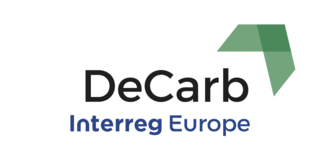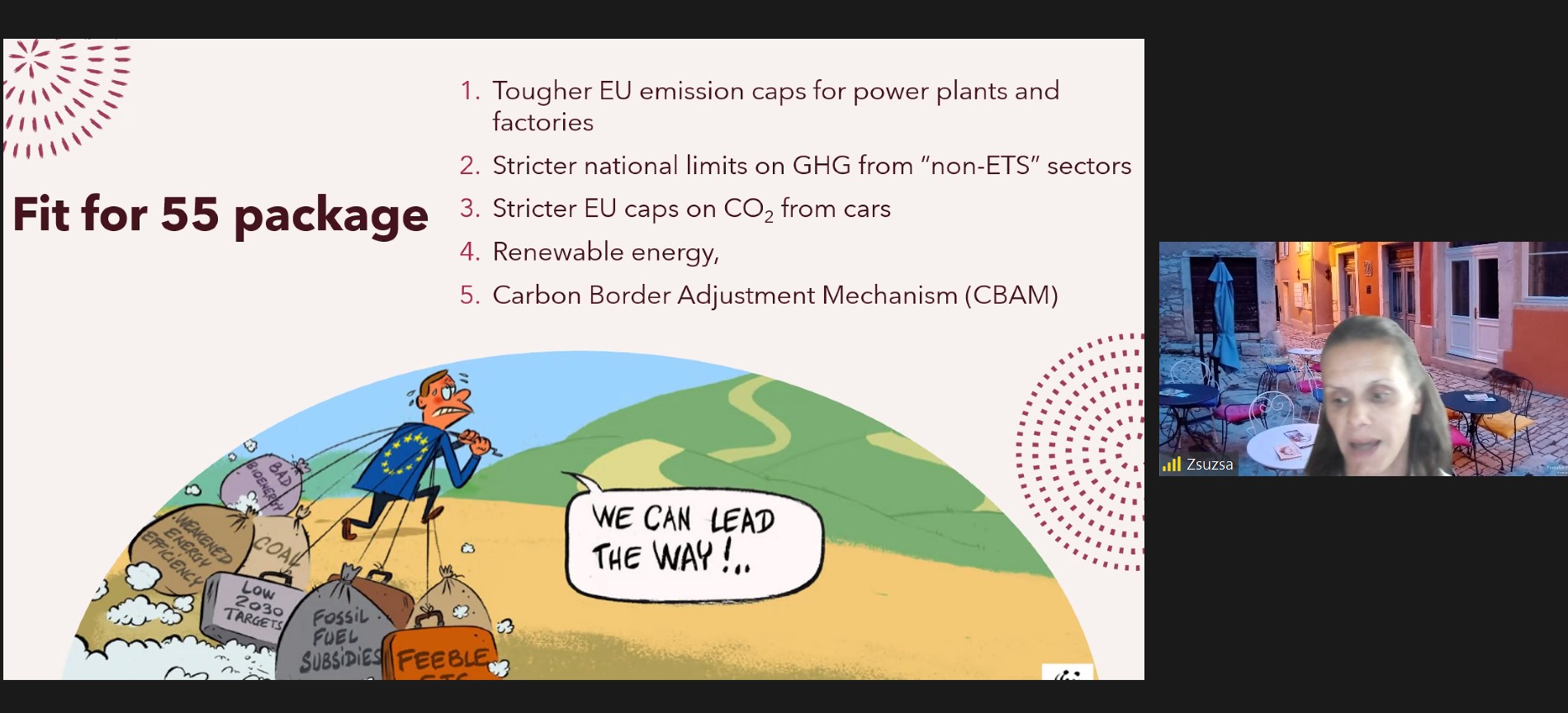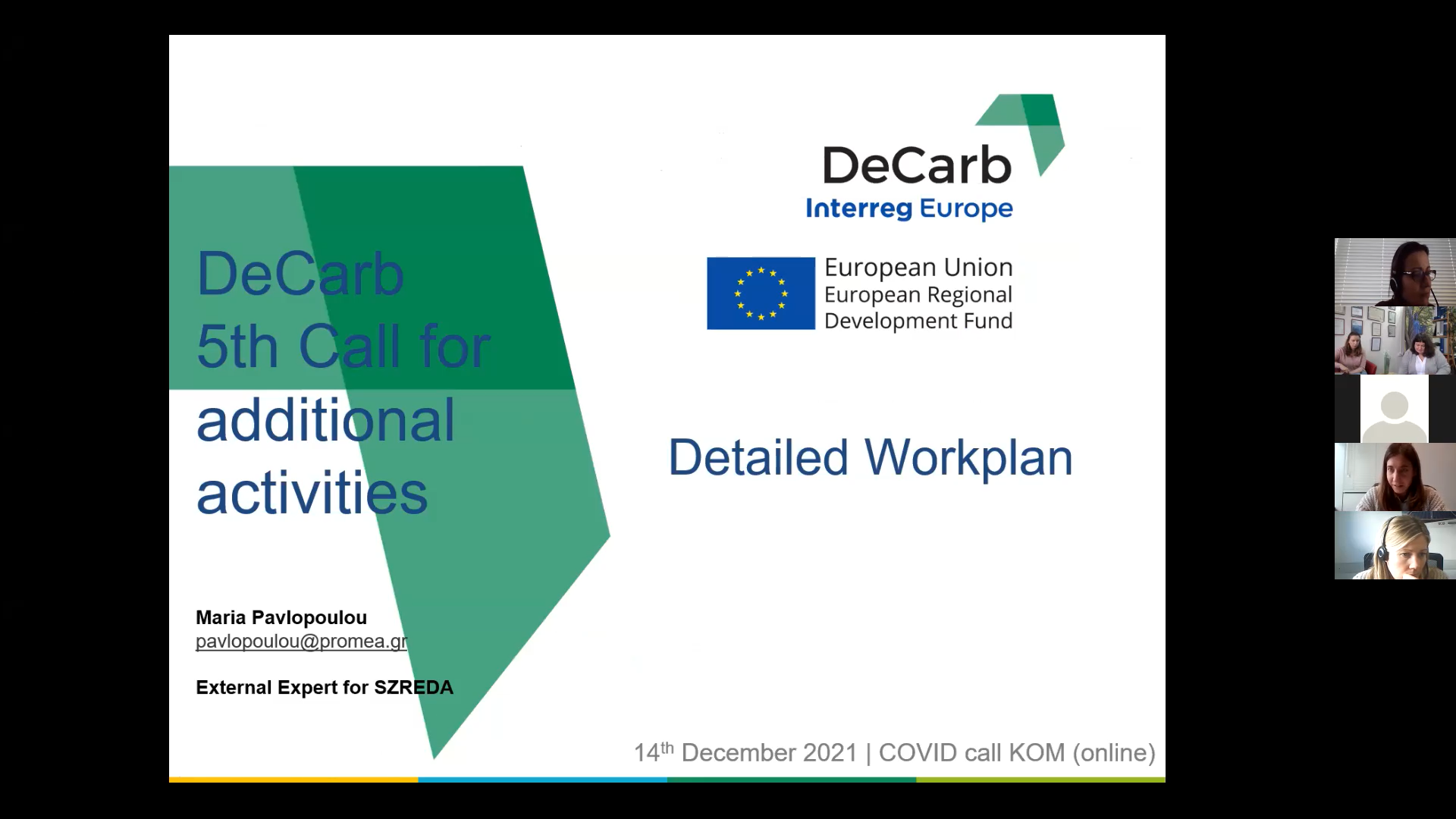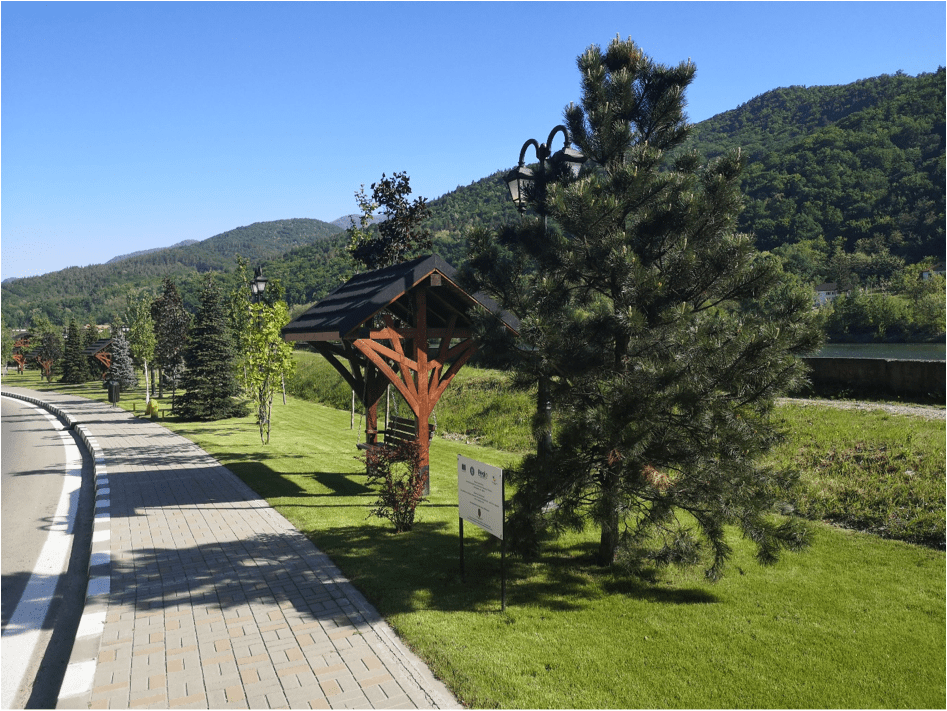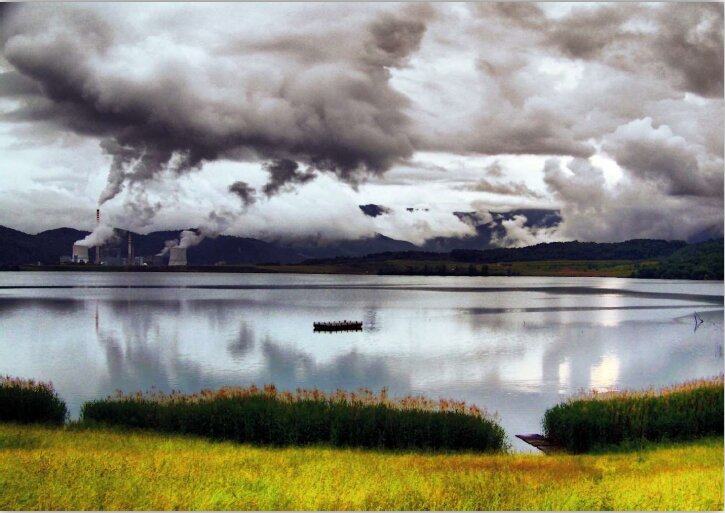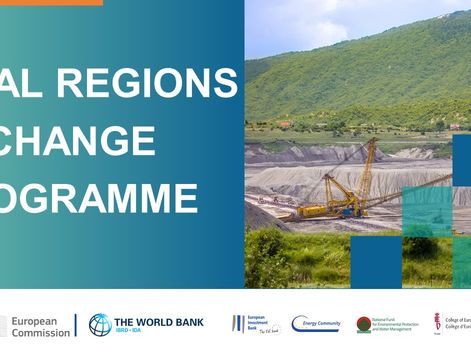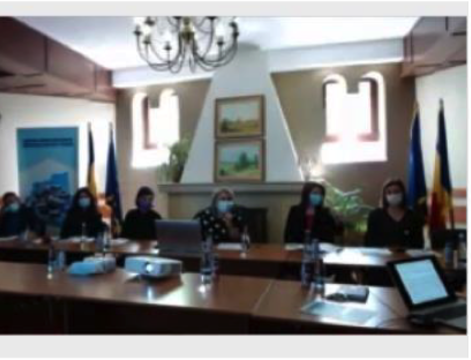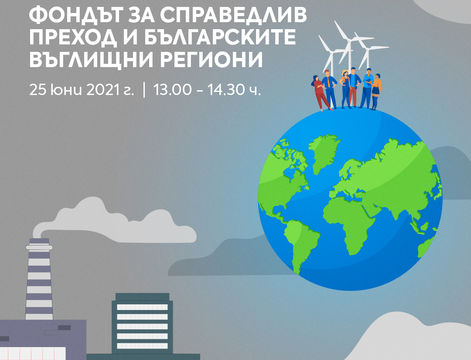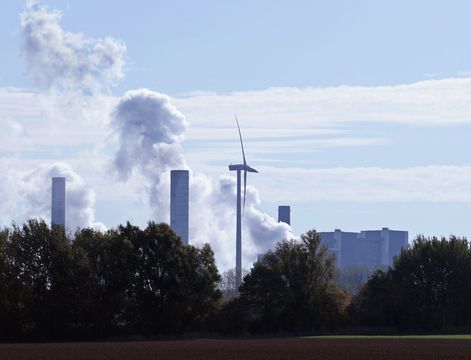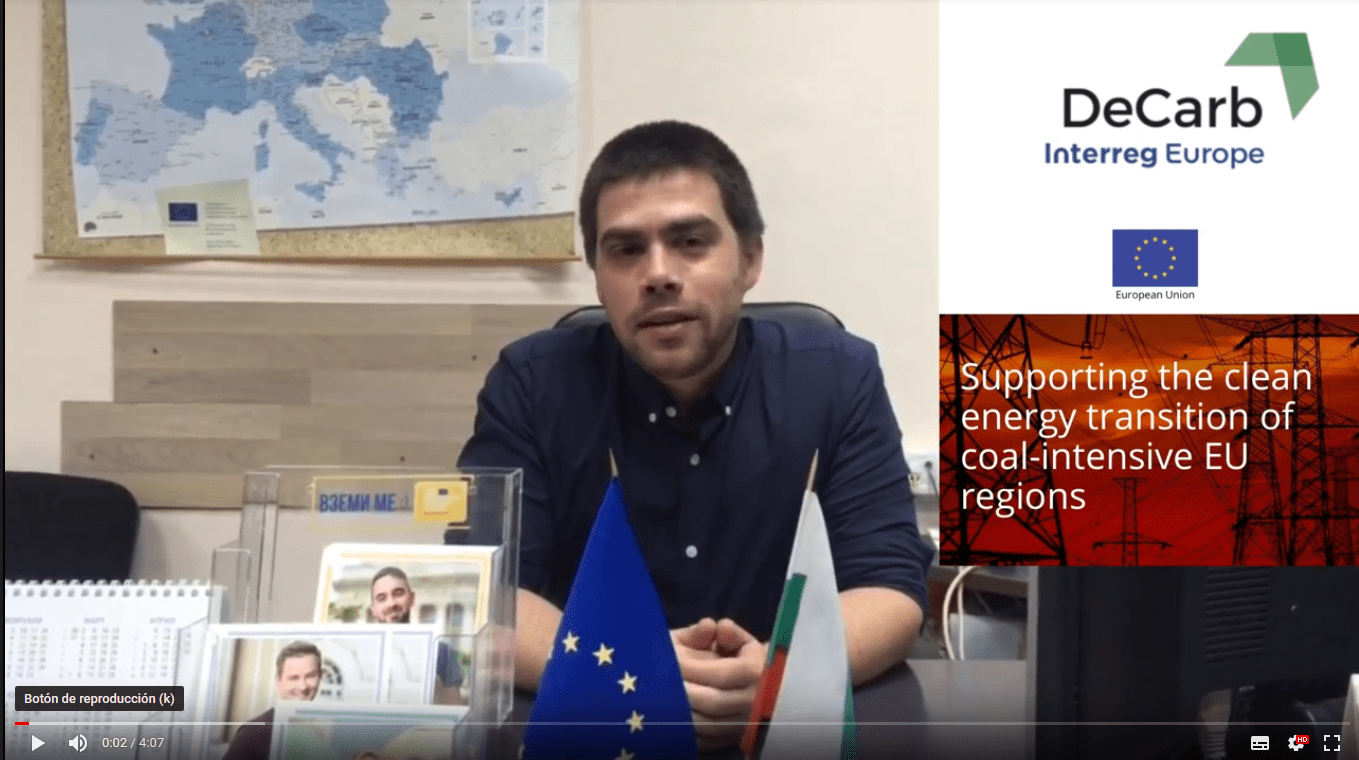The World Bank, financed by the Structural Reform Support Services (SRSS) of the European Commission, is supporting the regional authorities of Western Macedonia and the Government of Greece to plan for a managed transition out of lignite.
The World Bank’s technical assistance will position the regional authorities of Western Macedonia and Government of Greece for a transition to a low carbon economy. It would do so through the development of a detailed Coal Mining Sector Transition Road Map.
Based on the application of the World Bank Group’s relevant planning, diagnostic and assessment tools, the Road Map outlines actions required to ensure a just transition in the coal regions. The Road Map is organized around 3 pillars:
- Government systems
- People and communities
- Repurposing land and assets
Critical to the Road Map is a list of priority economic transition and revitalization projects to absorb labor and spur economic development. As part of the preliminary work to date, the World Bank is developing the outline of a regional economic transition strategy which will suggest at least two pathways for future regional development.
One of the pathways under consideration is that of creating an Alternative Energy and Energy Storage Hub in Western Macedonia. The reasoning being that the current assets, infrastructure and community identity built around lignite could well be harnessed and transitioned towards a new energy identity and economy in the region.
In September 2019, the World Bank presented to the Ministry of Environment and Energy (MoEE) a preliminary concept on an Alternative Energy and Energy Storage Hub. The purpose of introducing the concept was to seek approval from the government as to whether the concept, in its embryonic form, was noteworthy enough to pursue further technical studies. In October 2019, the World Bank presented the same embryonic concept to the regional authorities of Western Macedonia. Based on consent provided by both the MoEE and the regional authorities of Western Macedonia, the World Bank is now pursuing further technical analysis on the concept. A critical set of stakeholders to consult during this technical analysis period are the private operators and regulatory authorities operating and governing the power sector in Greece.
The main objective of this event is to determine whether the alternative energy and energy storage hub concept, as one of the proposed pathways for the regional economic transition strategy, merits consideration and therefore whether further in-depth quantified cost-benefit analysis of the concept is merited.
A sub-objective is, on the basis of feedback received, to discuss the broad outline of a TOR for a full system feasibility study, should the concept find merit with the stakeholders.
The expected results of this work are the following:
- Generate technical discussion on the merits of an alternative energy and energy storage hub for the future of Western Macedonia
- Based on the technical feedback received, achieve a common understanding of the next steps required to assess the concept’s viability
- Discuss potential emblematic projects that could arise out of the development of an alternative energy and energy hub for Western Macedonia—projects which could be included in the list to be submitted under the outline of a regional economic transition strategy for government consideration.
Fifty participants comprising technical leads and senior management from the Central Government, the Regional Stakeholders, Energy Sector Agencies, Companies, Academic/research institutions, Financing institutions and partners and NGOs; attended this session. DeCarb project participated thanks to the attend of the partner PEDDM.
